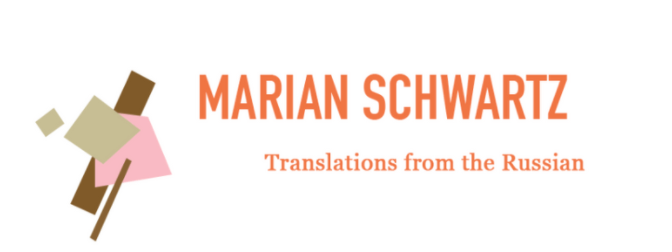Voices of Revolution, 1917, by Mark D. Steinberg
Voices of Revolution, 1917
by Mark D. Steinberg
Translated by Marian Schwartz
Yale University Press, 2002; paperback ed. 2003
Although much has been written about the political history of the Russian revolution, the human story of what the revolution meant to ordinary people has rarely been told. This book gives voice to the experiences, thoughts, and feelings of the Russian people—workers, peasants, soldiers—as expressed in their own words during the vast political, social, and economic upheavals of 1917.
The documents in the volume include letters from individuals to newspapers, institutions, or leaders; collective resolutions and appeals; and even poetry. Selected from the State Archive of the Russian Federation in Moscow, nearly all the texts are published here for the first time. In these writings we hear the voices of ordinary Russians seeking to understand the revolution and make sense of the values, ideals, and discontents of their turbulent times. Not only do they speak of their particular needs and desires—for solutions to the economic crisis or an end to the war, for example—they also reveal how relatively unprivileged Russians thought about such questions as political power, freedom, justice, democracy, social class, nationhood, and civic morality. Mark Steinberg provides introductions to the documents, explaining the language of popular revolution in Russia and setting the writings in the context of the history of the time.
REVIEWS
“A wonderful achievement, a rare amalgam of excellent scholarship and original source materials.”—Ronald Grigor Suny, University of Chicago
“This book features the many voices of the lower social orders during the revolutions of 1917 and early 1918. . . . With precision and sensitivity, Steinberg reveals the emotional and unique appeals emanating from such a broad social base.”—Daniel Orlovsky, Southern Methodist University
“Using a mixture of narrative and hitherto unpublished letters from workers, peasants and soldiers, Steinberg brings 1917 to life again. So much of that time is known to us as a silent movie. We have seen the black and white newsreels of the crowds marching in triple time on the Winter Palace and the seas of banners. To these iconic images, Steinberg adds the voices of ordinary Russians, allowing us to ‘hear the revolution’, and the result is utterly fascinating.”—Alison Rowat, Herald Glasgow
“This volume will be particularly useful as collateral reading for graduate and upper-division undergraduate students in history and Soviet studies.”—History: Reviews of New Books
“A high level of scholarship. . . . I found this an exciting, interesting volume and I would strongly recommend it to specialists as well as students and general readers.”—Michael C. Hickey, H-Net Reviews
“An excellent and useful book. . . . This is a highly useful collection and all who study the revolution, or who have students doing so, should be pleased to have it at hand. Moreover, it is accompanied by a first-rate scholarly apparatus: a chronology; a good bibliography; and a thoughtful glossary broken down into personal names, institutions, and terms; and a list of newspapers and journals that will help the reader navigate references in the documents.”—Rex A. Wade, Slavic Review
"The authors of the book should be commended for collecting, translating, and editing these important documents that will help historians in the study of a pivotal event in Russian and modern history." —Dmitry Shlapentokh, The Historian
“This is a well-organized and accessible collection of original and engaging documents, which will be a popular addition to university reading lists.”—Sarah Badcock, The Historian
“The most valuable contribution of this book is its presentation of the genuine voices of the lower class. These voices vividly convey the immediate concerns that the lower strata shared during the Revolution. . . . These are important and valuable documents, testifying that the voices of the lower strata of society constituted the most crucial background of the Russian Revolution. . . . A good introduction to the social history of the Russian Revolution. . . . Anyone interested in the Russian Revolution will find this book useful, and it is especially valuable for undergraduate and graduate courses on the Russian Revolution.”—Tsuyoshi Hasegawa, The Russian Review
"A valuable source on the confluence of words and deeds that brought a nation half-aware into its extraordinary part in a twentieth-century passion play."—Martha Weitzel Hickey, Slavic and East European Journal
To purchase directly from the publisher, click here.

